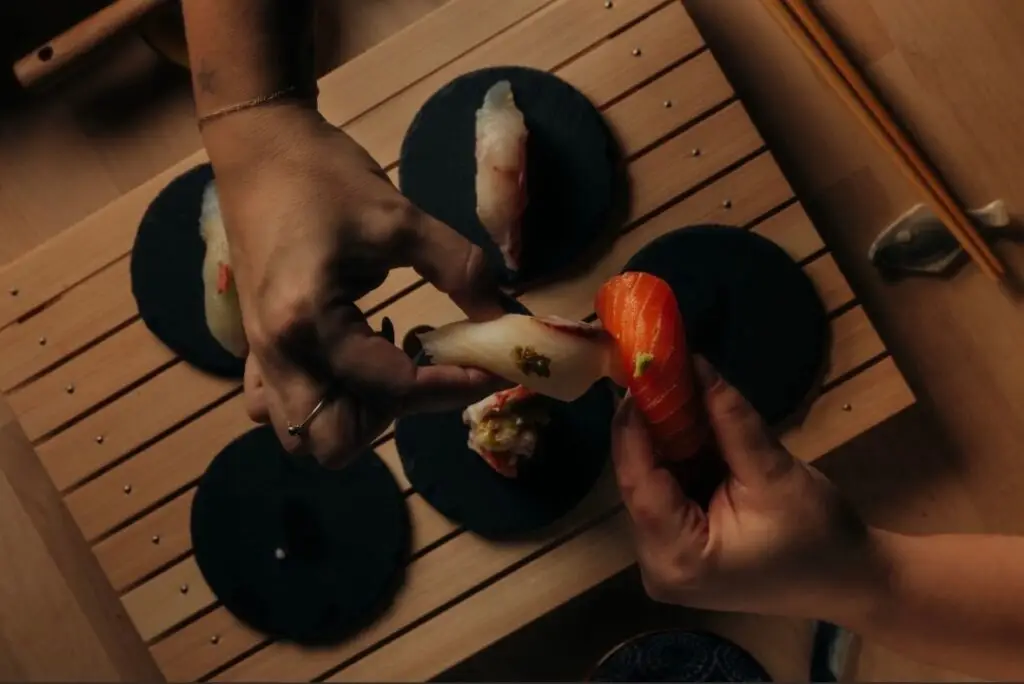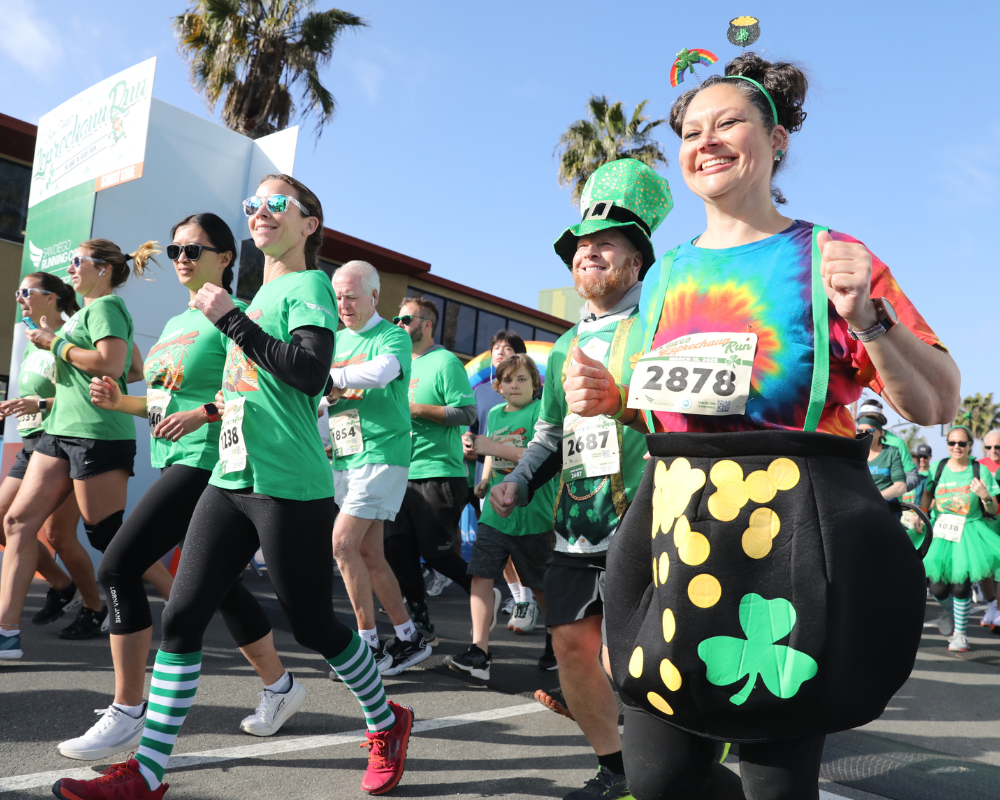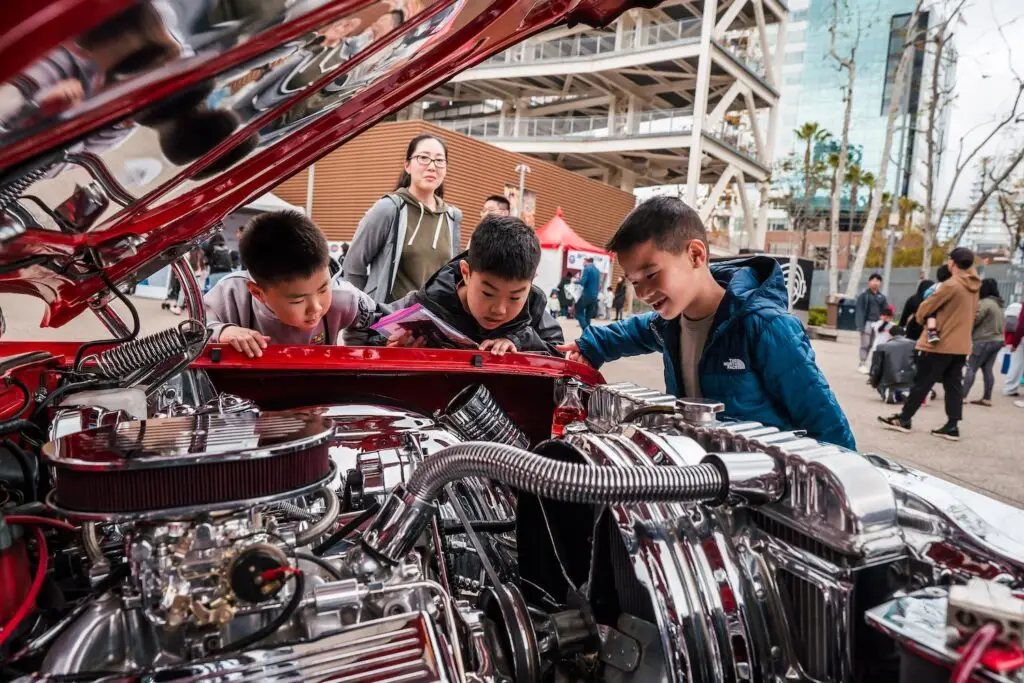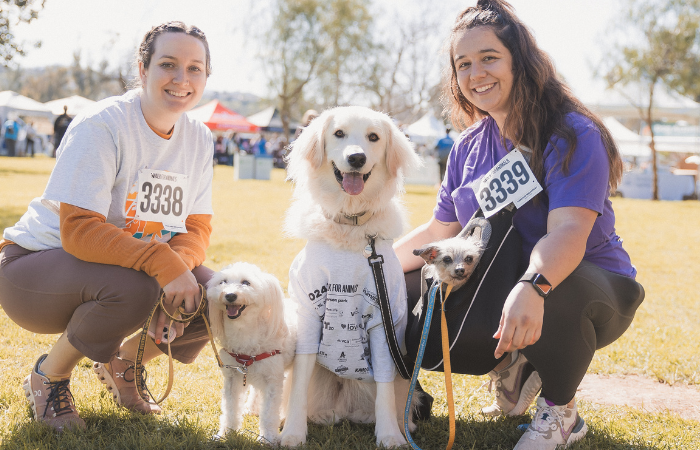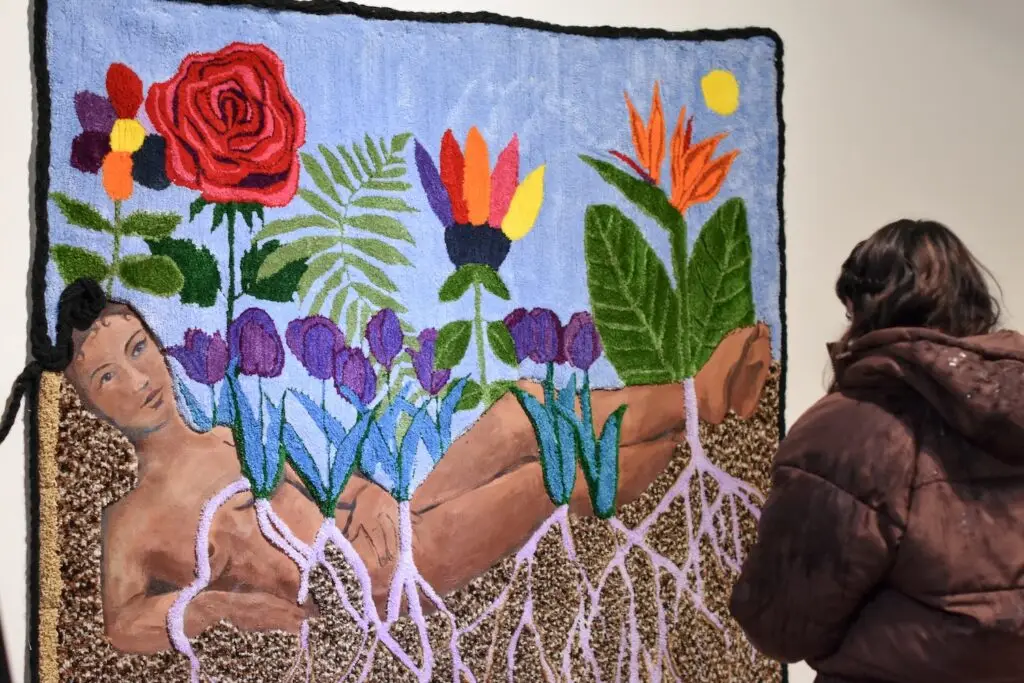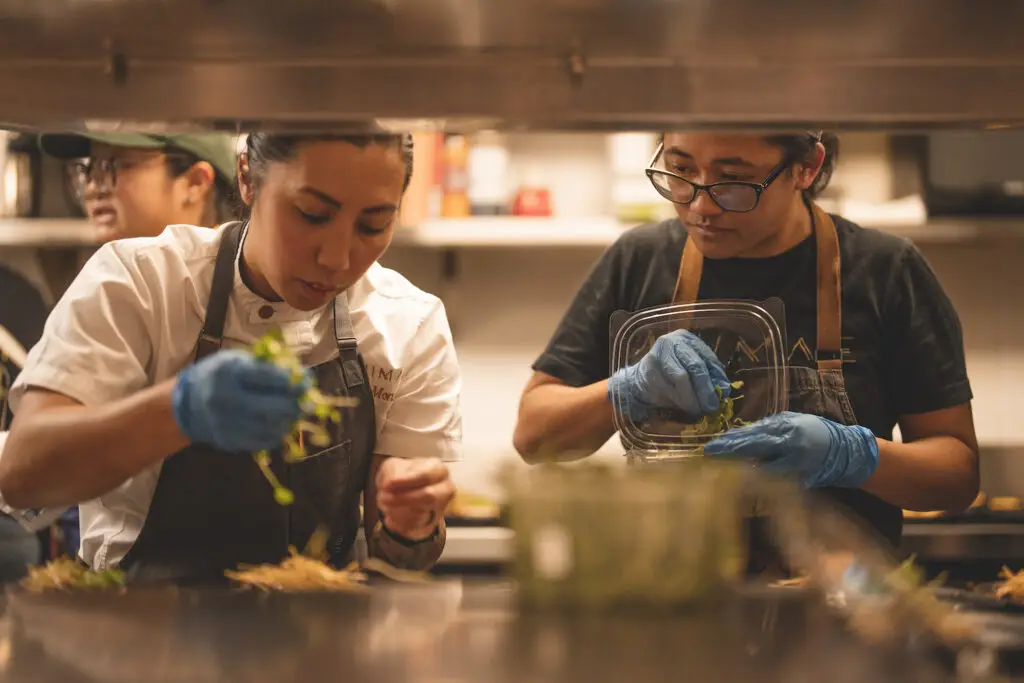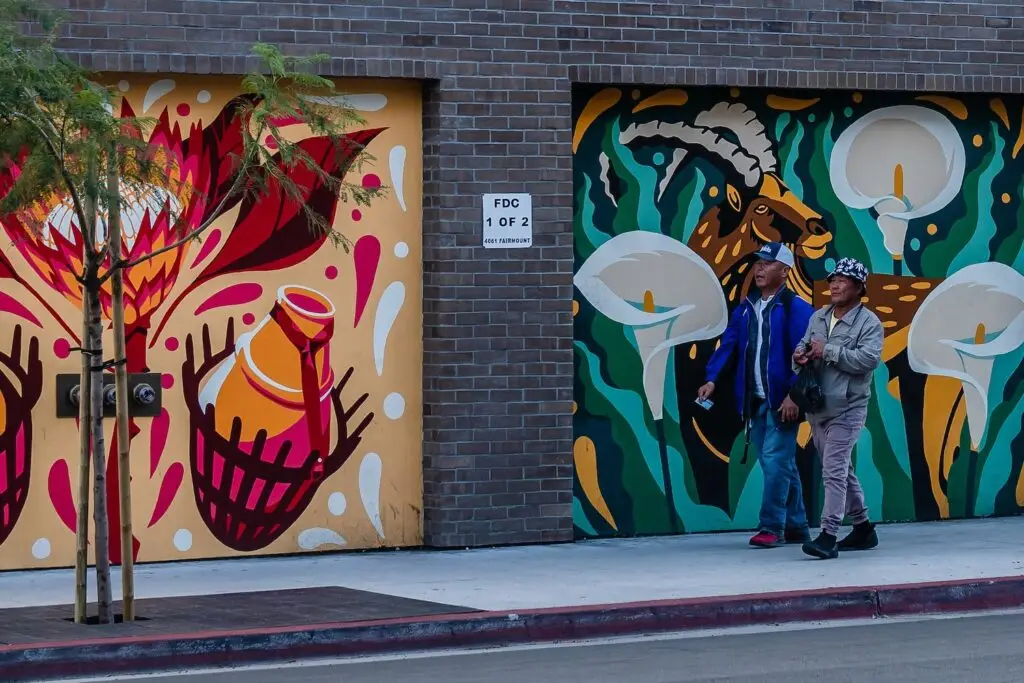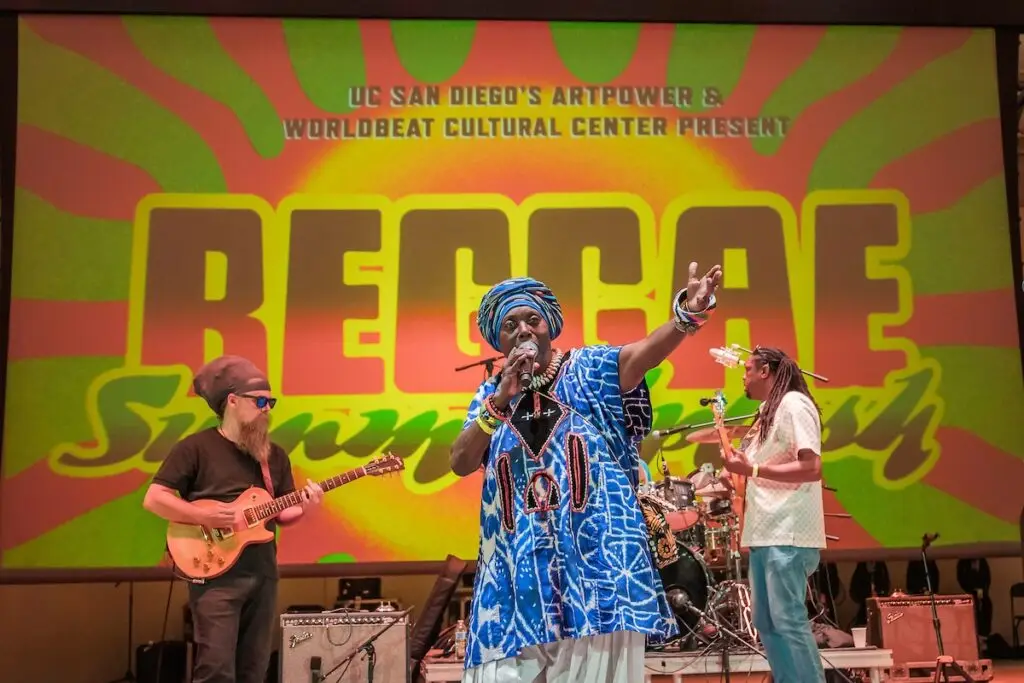When you’re serving a sentence for a crime you didn’t commit, every day counts. The San Diego–based California Innocence Project works with those who are wrongfully convicted to overturn their case and help seek reform within the justice system. It can be a long and challenging process for both parties in the best of times—but especially so during the pandemic.
“Starting in March 2020, mail into and out of prisons slowed down drastically,” says Jasmin Harris, California Innocence Project’s associate director of development and policy. “We could no longer have anyone in the office to answer calls coming in from prison. It’s been a huge block on communication. We simply can’t respond as quickly, and for our clients, a day longer to be acknowledged or responded to is a long time—especially with how dangerous prisons are right now due to the spread of COVID-19.”
At first, Harris says, donations slowed down too. New fundraising initiatives she launched in January were gaining momentum when everything came to a halt in March. Like every other nonprofit, CIP had to find new ways to reach out to supporters to keep its vital mission alive.
“The Black Lives Matter movement and the focus on reforming the police and justice system brought everything we do into the spotlight,” she says. “That sent a lot of people our way. When these tragedies happen, there appears to be no presumption of innocence during interactions between the police and the suspects. It became clear that Black people are more often convicted with less evidence than white people. People want to learn about how wrongful convictions occur in the first place.”
Harris turned to Zoom and Facebook webinars to respond to this newly urgent demand from the public. Topics have included “Building Trust: A Community Conversation,” led by one of CIP’s Black exonerees and a retired white police officer who now works for CIP as an investigator. Another online event featured a recent exoneree and social workers in a candid discussion about what the first few months of life are like after release—reconnecting, getting a job, finding somewhere to live, and so on.
“Once you meet an exoneree and hear their story, you want to help,” says Harris. “We had to suspend our live events that celebrate clients and appeal to donors. So we wanted to ensure we’re still relevant and let people know we’re still working. After every event, we see an increase of donations coming in.”
CIP has nine cases in litigation this year, with hundreds more at various stages of the research and investigation process. They have achieved the release of four clients so far in 2020, which is above their average.
Thanks to California Western School of Law, which hosts CIP on its campus and pays most of its staff salaries as well as providing law students as interns, all CIP fundraising goes to direct services for its clients. “We never abandon our client,” Harris says. “We litigate until we lose or you’re out.”
The CIP needs volunteer lawyers, investigators, and expert witnesses, and services from professionals like doctors, dentists, and financial planners. Above all, Harris says education is key. “Understand these issues. Watch our events, ask questions. That way, if you serve on a jury, you will know about junk science and the fallibility of eyewitnesses. And please, serve on a jury! We need good jurors.”
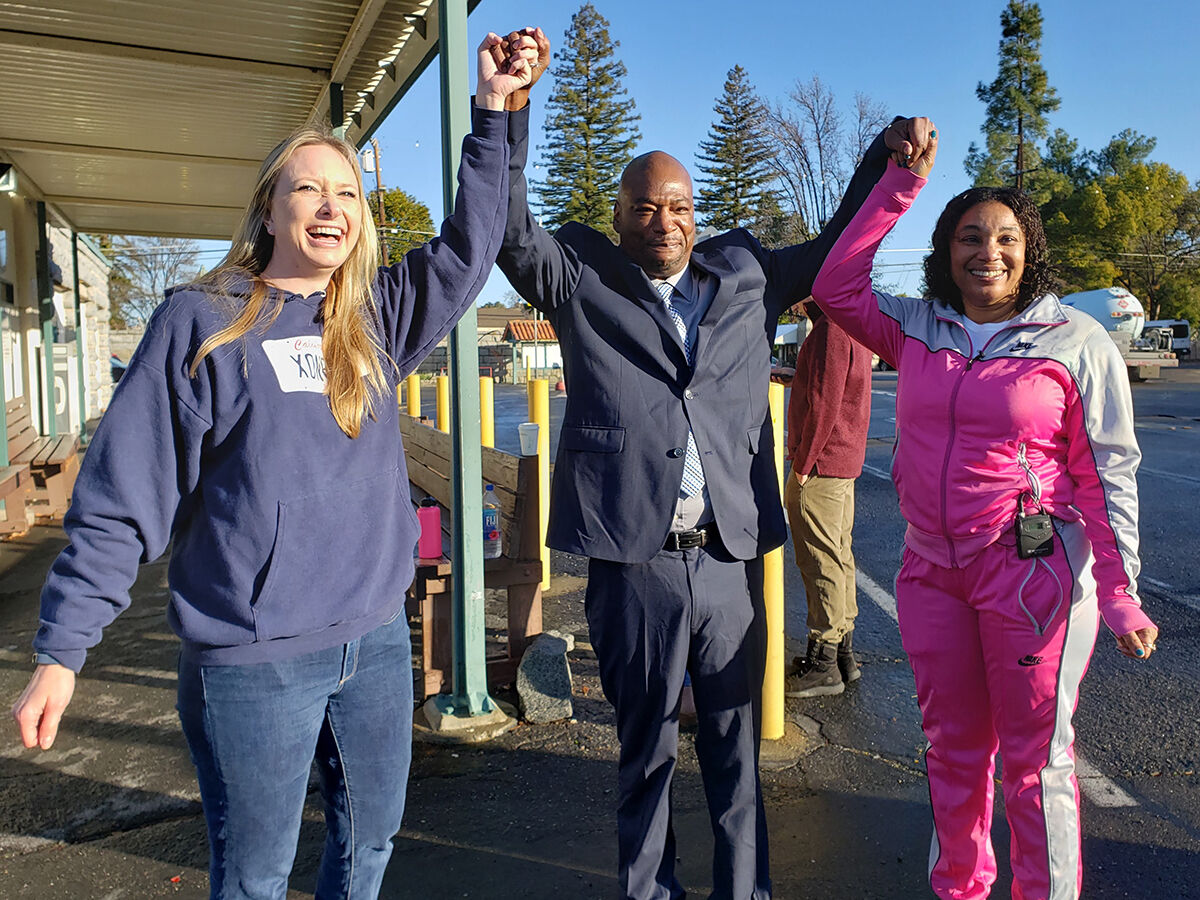
PARTNER CONTENT
Quintin Morris (center) with his sister and Alissa Bjerkhoel (left) of the CIP. Morris was freed with CIP’s help after 28 years of wrongful imprisonment.
